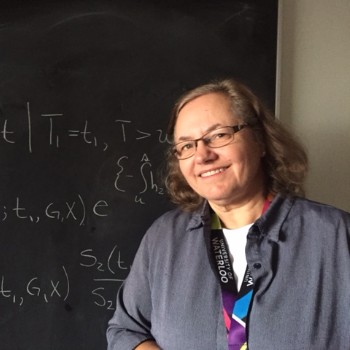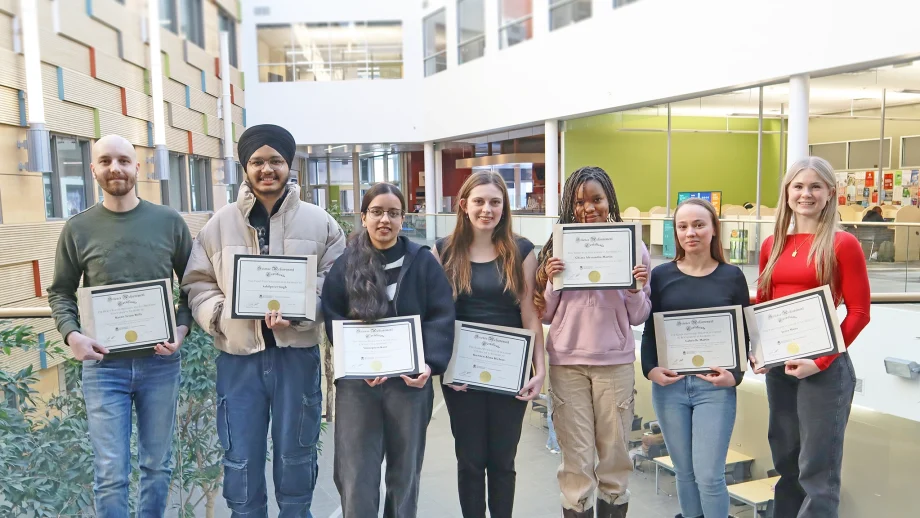Job prospects for statisticians and data scientists who can work with and analyse complex data and develop new methods is growing exponentially. Statisticians are critical in a growing number of fields because they can use data to answer complex questions and problems. With more amounts and types of data being collected, along with better technology, the demand for new ways to analyse data continues at a fast pace.
The Department of Mathematics and Statistics is presenting the lecture, Research by statistics students? Really? by Dr. Karen Kopciuk, on Monday, November 4 at 12:30 in room 1L12.
Kopciuk quotes Hal Varian, an economist specializing in microeconomics and is the he chief economist at Google, “What’s ubiquitous and cheap? Data! And what is scarce? The analytic ability to utilize that data.”
Kopciuk will describe exciting career opportunities in statistics, and several research projects carried out by undergraduate, graduate and post-graduate students who learned technical and computational skills, while making important research contributions and gaining experience that helped them pursue graduate studies and get their dream jobs.
Kopciuk is a research scientist in the Department of Cancer Epidemiology and Prevention Research, Alberta Health Services. She is also an adjunct associate professor in the Departments of Oncology, Community Health Sciences and Mathematics and Statistics at the University of Calgary. She obtained her MMath and PhD degrees from the University of Waterloo, ON, and was a post doctoral fellow at the Lunenfeld – Tanenbaum Research Institute.
Kopciuk’s research interests include feature selection methods for high dimensional genetic and molecular data for ordinal and survival responses, disease risk estimation in families who carry a mutated gene, and microsimulation modelling of complex interventions and time-dependent risk factors in disease processes. Kopciuk is currently serving on the Statistical Society of Canada Board as a Regional Representative, is the Foundations Division lead for the Department of Community Health Sciences and is overseeing the Rocky Mountain Data Science Network internship program.





